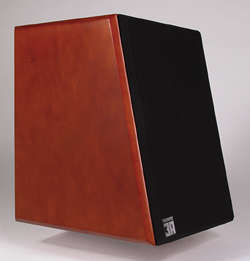I am building my first system where I am going to stream music from my computer to a streamer (likely Bluesound Node) and connect it to the speakers both in my office and in another room.
One of my first dilemmas is getting high quality speakers that can reproduce 24/192 sound (or at least 24/96) with high fidelity, mostly classical music, including vocals, but also be capable of high volume output (current room size is 13.5 x 20.5 ft). I have been considering KEF LS50 II, but according to a review linked on this forum, that speaker might not have a high output. Review says it's 90dB max at 13ft (4m).
My question is what speakers can I get that produce both accurate sound and also have high output? I'd prefer active speakers, but can consider passive with an amp (don't have an amp currently). The budget is under $3000, but can go a bit higher if it will make a big difference. Also would prefer bookshelf rather than floor standing speakers.
One of my first dilemmas is getting high quality speakers that can reproduce 24/192 sound (or at least 24/96) with high fidelity, mostly classical music, including vocals, but also be capable of high volume output (current room size is 13.5 x 20.5 ft). I have been considering KEF LS50 II, but according to a review linked on this forum, that speaker might not have a high output. Review says it's 90dB max at 13ft (4m).
My question is what speakers can I get that produce both accurate sound and also have high output? I'd prefer active speakers, but can consider passive with an amp (don't have an amp currently). The budget is under $3000, but can go a bit higher if it will make a big difference. Also would prefer bookshelf rather than floor standing speakers.

